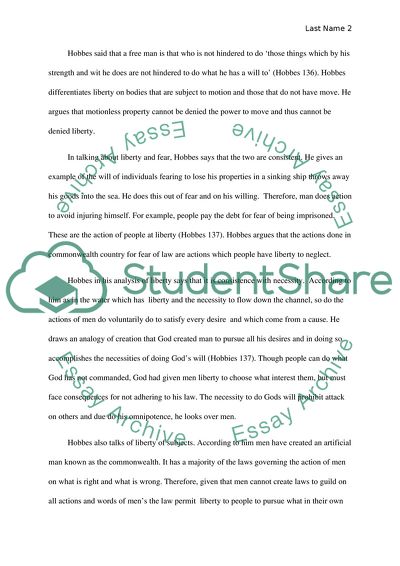Cite this document
(Relations of Freedom: Developing an Account of Karl Marxs Concept of Freedom Literature review Example | Topics and Well Written Essays - 2500 words, n.d.)
Relations of Freedom: Developing an Account of Karl Marxs Concept of Freedom Literature review Example | Topics and Well Written Essays - 2500 words. https://studentshare.org/history/1811663-essay-on-comparing-2-philosophers-theories
Relations of Freedom: Developing an Account of Karl Marxs Concept of Freedom Literature review Example | Topics and Well Written Essays - 2500 words. https://studentshare.org/history/1811663-essay-on-comparing-2-philosophers-theories
(Relations of Freedom: Developing an Account of Karl Marxs Concept of Freedom Literature Review Example | Topics and Well Written Essays - 2500 Words)
Relations of Freedom: Developing an Account of Karl Marxs Concept of Freedom Literature Review Example | Topics and Well Written Essays - 2500 Words. https://studentshare.org/history/1811663-essay-on-comparing-2-philosophers-theories.
Relations of Freedom: Developing an Account of Karl Marxs Concept of Freedom Literature Review Example | Topics and Well Written Essays - 2500 Words. https://studentshare.org/history/1811663-essay-on-comparing-2-philosophers-theories.
“Relations of Freedom: Developing an Account of Karl Marxs Concept of Freedom Literature Review Example | Topics and Well Written Essays - 2500 Words”. https://studentshare.org/history/1811663-essay-on-comparing-2-philosophers-theories.


